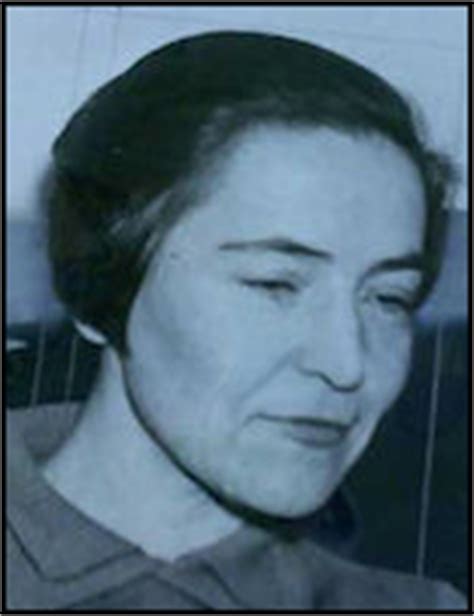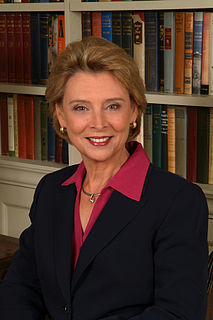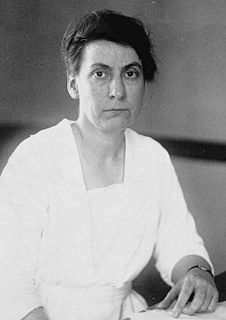A Quote by Suzanne La Follette
When one hears the argument that marriage should be indissoluble for the sake of children, one cannot help wondering whether the protagonist is really such a firm friend of childhood.
Related Quotes
I don't make a Bible argument in the ad, nor have I made a bible argument in the public space. My argument is simple, which is, that for several thousand years in Western civilization, marriage has been the union of one man and one woman. Research is overwhelming that children need mothers and fathers.
Society does not need more children; but it does need more loved children. Quite literally, we cannot afford unloved children - but we pay heavily for them every day. There should not be the slightest communal concern when a woman elects to destroy the life of her thousandth-of-an-ounce embryo. But all society should rise up in alarm when it hears that a baby that is not wanted is about to be born.
There is no experience like having children.’ That’s all. There is no substitute for it. You cannot do it with a friend. You cannot do it with a lover. If you want the experience of having complete responsibility for another human being, and to learn how to love and bond in the deepest way, then you should have children.
You know you're ready to write a book when you have a feeling that you should do it, no matter what anybody says. It's like falling in love or starting a company. When you're still wondering if you should get married or you're still wondering whether you should start a company that might be not the right person or the right idea. And writing is the same way. When you've locked on to the topic, you'll just write it.
Children, it should be repeated, are not pocket editions of adults, because childhood is a period of physical growth and development, a period of preparation for adult responsibility and public and private life. A program of children cannot be merely an adaptation of the program for adults, nor should it be curtailed during periods of depression or emergency expansion of other programs.
People talked about being a parent, or being a mother or a father. We don't talk about "wiving" our husbands or "friending" our friends, or "childing" our parents. We just talk about being in a relationship with those people. You don't measure whether your marriage was good based on whether or not your husband is better now than he was 10 years ago, or whether your friend is richer than when they first became your friend. The relationships between parents and children is a kind of love, rather than a kind of work.
The children's lessons should provide material for their mental growth, should exercise the several powers of their minds, should furnish them with fruitful ideas, and should afford them knowledge, really valuable for its own sake, accurate, and interesting, of the kind that the child may recall as a man with profit and pleasure.
































